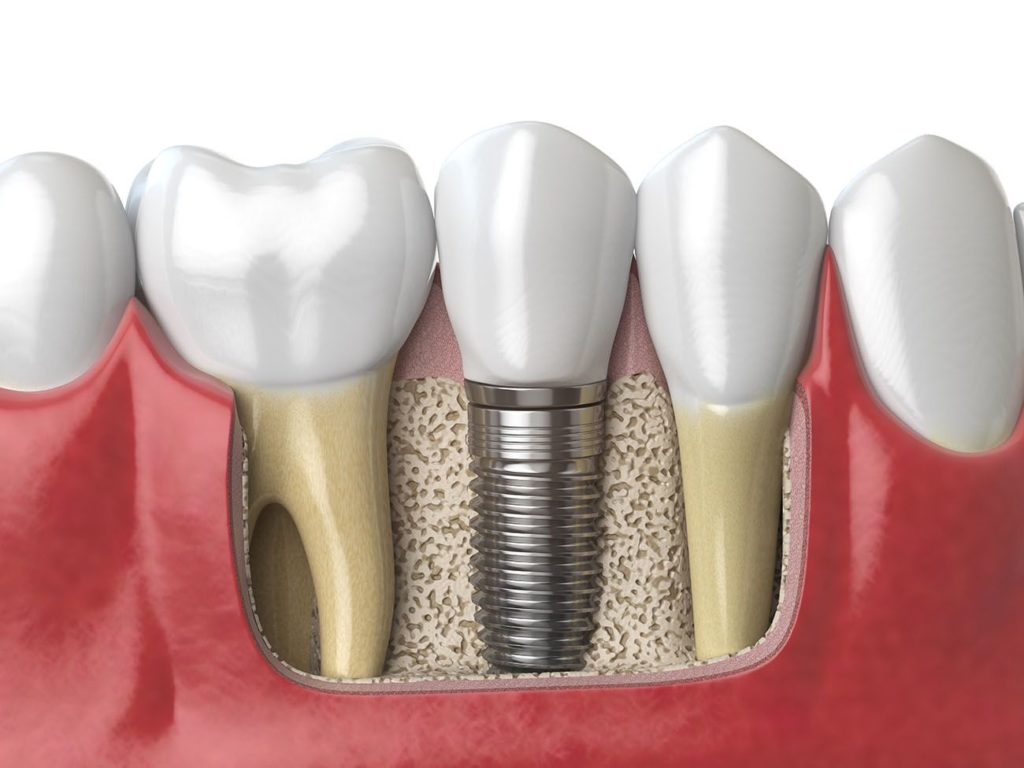Patients with missing teeth can find effective and comprehensive tooth replacement treatment with dental implants. These devices use anchors that surgically insert into the jaw and fuse with the bone there for optimal support for prosthetic teeth.
A dentist will thoroughly evaluate your oral health to ensure you can sustain these implants and that this treatment is best for your unique dental needs. However, a dental implant can fail without proper aftercare and will then need urgent removal by your dentist.
Though implants will not need separate maintenance from your smile, you will still need to care for your oral health to protect these devices. Read on to find advice from your dentist in Cary, NC to keep your new dental implants clean and healthy.


Reduce the Risk of Failing Dental Implants
Adhere to Aftercare Guidelines from Your Dentist
Implant dentistry involves a multi-step process over the course of several months. Through each level of this tooth replacement treatment, your dentist will provide you with instructions to care for your smile and your new implants in order to heal quickly and properly. Make sure you follow these guidelines to get the most out of your dental implants.
For instance, after your oral surgery, to receive the anchors of the implants within the jaw, these surgical sites will need to heal. This could take three months to recover completely. As they heal, be gentle with these sites, but you should continue taking care of your smile and the implants.
You can do this by practicing good oral hygiene at home. But make sure you use careful movements to avoid harming your surgical sites. Visit your dentist for routine check-ups and follow-ups too. They can spot early signs of issues with your implants that may need urgent attention.
Your dentist will provide pain management advice to stem soreness and discomfort as you heal. Let your dentist know if the implants feel extremely painful or ill-fitting. These could point to issues that may require removal or adjustment from a dentist. Prompt attention could prevent their failure.
Continue Healthy Oral Habits
You will need to maintain good oral health if you want to make sure your dental implants heal and function successfully in your smile. This means attending regular check-ups with your dentist and practicing good oral hygiene. Dental problems like cavities or gum disease can affect your implants. So keep taking care of your smile to keep these concerns at bay.
Your dental implants will not require separate maintenance. But you should brush and floss your teeth and around the implants regularly. A dentist might suggest special brushes or flossing tools to better clean your smile, especially near the implant.
You can proceed with your usual diet and oral activities after your dental implant heals, but contact your dentist about any dental concerns. Delaying dental intervention for a problem with your implant could lead to further damage to your oral health.
